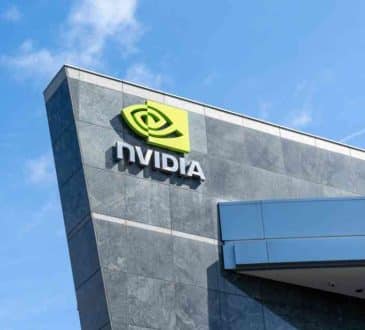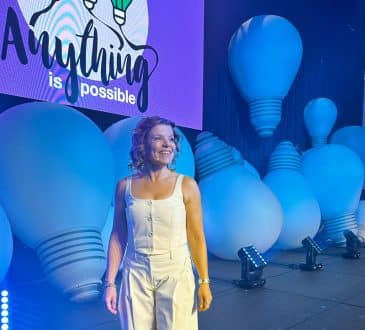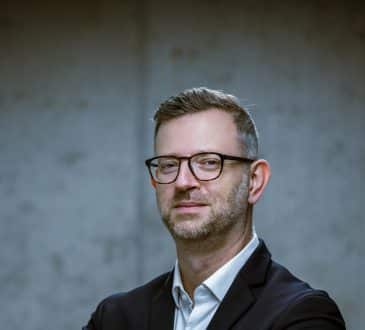The paradox of choice: when an abundance of choices becomes a limitation on people decision-making

The world we live in is moving at an extraordinary speed, in an almost frenetic way. Living at these rhythms is not easy and requires everyone adaption to this very dynamic context, with all the related difficulties.
This affects the whole society and consequently every single person and their lifestyle. Every day each person is called to make a very large number of different choices. Some are minor, or even irrelevant, other are definitely more significant and lead to tangible consequences.
In particular, when we face a choice, we prefer to have as many options as possible. However, the reality is different and, the American psychologist Barry Schwartz, in 2004, attempted to explain it through the so called ‘paradox of choice’. He began with an initial analysis of Western society, where he suggests that in order to maximise individual freedom, people’s well-being must be maximised. To do so, people must maximise the number of choices available, in order to increase their freedom.
The paradox of choice, according to Barry Schwartz, arises when the abundance of available choices has a negative effect on people’s happiness. This condition has two side effects: paralysis caused by too many options and lack of satisfaction with the choice which has been made.
The first effect it’s specifically caused by the abundance of options that people have. It makes people’s decision-making process longer than usual. Consequently, it creates feelings of anxiety, indecision and a paralysis like sensation provoked by the mind being overwhelmed with options.
Three other studies previously conducted provide a clear understanding of this concept. In 1956 the American psychologist George Miller published an important paper entitled ‘The Magical Number Seven, Plus or Minus Two: Some Limits on our Capacity for Processing Information’.
This theory argues that humans are able to think and store only a limited number of items in their short-term memory, such as words, numbers, pictures, etc. This number is seven plus or minus two, because it varies from one person to another. In fact, there are people who can store only five items and other people who can keep up to nine items in mind.
Miller’s final consideration was that human beings are able to cluster smaller items into larger ones, known as ‘chunks’. In this way, it becomes possible to remember seven plus or minus two large items, which will be made up of several small objects.
In 1974, two British psychologists, Alan Baddeley and Graham Hitch, conducted other two studies on the short-term memory, expanding its meaning. They introduced the concept of ‘working memory’ to indicate the ability to retain and process information. This type of memory is limited to a few objects, and this creates a significant limitation of human cognition. The two psychologists concluded that short-term memory consists of three elements: a central system (executor), a phonological system (verbal) and a visuo-spatial system.
In 1991, the Australian psychologist John Sweller developed the ‘theory of cognitive load’. This theory explains how the brain’s process of elaborating information requires a significant effort and involves the use of specific resources. For this reason, the concept of cognitive load has been defined as the amount of mental activity imposed on the working memory by the information presented at a given moment. The importance of this theory resides in the analysis of the limits of the human mind in the efficiency of learning. These limitations are identified in terms of attention time, memory, and information processing.
Going back to the paradox of choice, Schwartz identifies as a second adverse effect a feeling of dissatisfaction produced by the outcome of our choice. That feeling would have been diminished if there had been fewer choices available. The explanation of this paradox is derived from the economic concept of ‘opportunity cost’: the value that a person assigns to things depends on what people compare them to. Therefore, the opportunity cost is quantified as the difference between the expected returns of each option, highlighting the effort people have made in making their choice.
In conclusion, when talking about the brain and it’s operating mode, the subject becomes both complicate and fascinating. The paradox of choice explained by Barry Schwartz teaches us that if an initial abundance of choices may seem attractive to people, ultimately, having too many choices can lead people to not make any decisions. It is precisely for these reasons that companies should rethink their offers to better improve their customers care.
Written by Riccardo Pandini.
Have you read?
Wealthiest Sports Owners in the World?
World’s Richest Actors And Their Net Worth.
World Richest Tennis Players And Their Net Worth.
Richest NFL (National Football League) Players.
Top CEOs in Singapore, 2023.
Add CEOWORLD magazine to your Google News feed.
Follow CEOWORLD magazine headlines on: Google News, LinkedIn, Twitter, and Facebook.
This report/news/ranking/statistics has been prepared only for general guidance on matters of interest and does not constitute professional advice. You should not act upon the information contained in this publication without obtaining specific professional advice. No representation or warranty (express or implied) is given as to the accuracy or completeness of the information contained in this publication, and, to the extent permitted by law, CEOWORLD magazine does not accept or assume any liability, responsibility or duty of care for any consequences of you or anyone else acting, or refraining to act, in reliance on the information contained in this publication or for any decision based on it.
Copyright 2024 The CEOWORLD magazine. All rights reserved. This material (and any extract from it) must not be copied, redistributed or placed on any website, without CEOWORLD magazine' prior written consent. For media queries, please contact: info@ceoworld.biz
SUBSCRIBE NEWSLETTER








